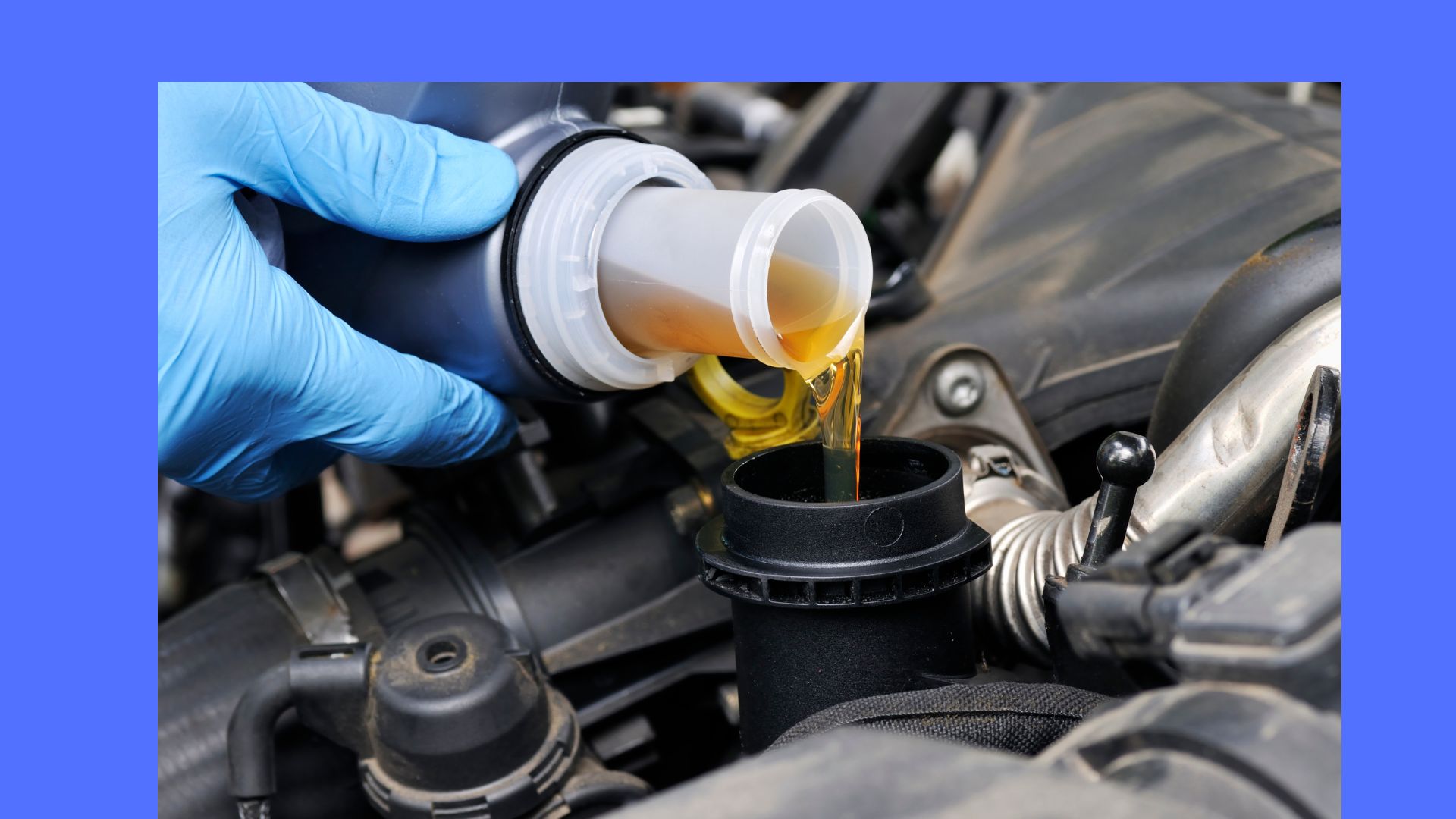All You Need To Know About Synthetic Oil For Your Truck Engine
Synthetic oil is an artificial oil made of a chemical compound, unlike natural oil. Synthetic oil is made from modifying chemical materials like petrol components, but the base material is distilled crude oil. Value addition and the synthetic process varies depending on the manufacturing company.
How Long Does Synthetic Oil Last?
Synthetic oil has a relatively long life span than conventional oil, but this depends on the oil brand. Some brands recommend an oil change at 3000 to 5000 miles while others at 75000 to 20,000 miles. Driving conditions and style are some factors that influence the frequency of oil changes.
If your truck is under warranty, consider performing an oil change based on the manufacturer’s recommendation. When switching to synthetic oil for the first time, consider doing a regular oil change. It is due to the accumulation of deposits and sludge at the initial stages.
Benefits of Using Synthetic Oil
Synthetic oil achieves precise molecular qualities for various applications. The process of making such oils allows multiple manufacturing companies to remove all sorts of impurities in synthetic oil.
The synthetic oil is tailored to meet the high demands of modern engines due to the highest levels of customization done on them. They, therefore, perform better than conventional engine oil. Here are some of the benefits of synthetic oil.
Protection of the Turbo-Charger
Most modern trucks are built with a turbocharger to boost their performance. Turbochargers are usually sensitive and thus require synthetic oil that can easily flow into the critical parts. On the under hand, conventional oil breaks easily, especially under turbocharged conditions. Using synthetic oil in your turbocharged engine boosts and ensures it remains on its top performance.
Engine Protection
Several truck engine parts move at a higher speed and are always in contact with one another. Under extreme environmental circumstances, the moving engine parts wear down. The engine oil is the only ingredient that protects most of the engine’s moving parts. Synthetic oil will offer the best protection since it has the longest mileage and breaks down under very high temperatures.
Cleans the Engine
Oil forms deposits on various engine parts as it cools and lubricates. Conventional forms sludge over time, and this reduces your engine’s performance. The synthetic oil has fewer impurities and resists sludge and, therefore, will clean your engine and let it always be at top performance.
Better Viscosity
Synthetic oil has the best viscosity under both low and high temperatures. Full synthetic oils flow very fast and can reach various engine parts at the right time. The increased flow rate is due to their resistance to extreme heat, making your engine run smoothly all year round.
Conclusion
Synthetic engine oil is one of the best engine oils on the market. It is made from the modification of petrol components. The high synthesis in synthetic oil makes it the best in terms of offering the longest mileage and resistance to high temperatures. Synthetic oil is the best for turbocharged engines and other heavy-duty engines.



